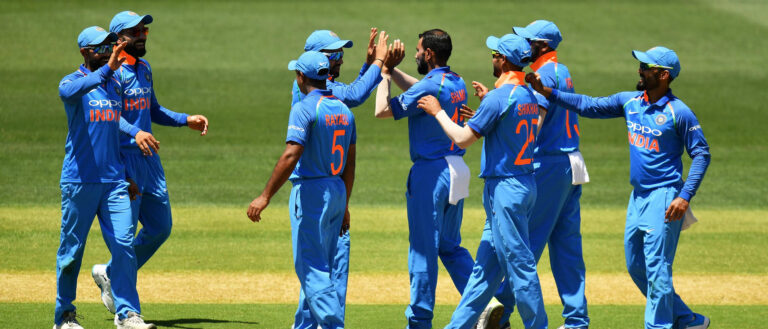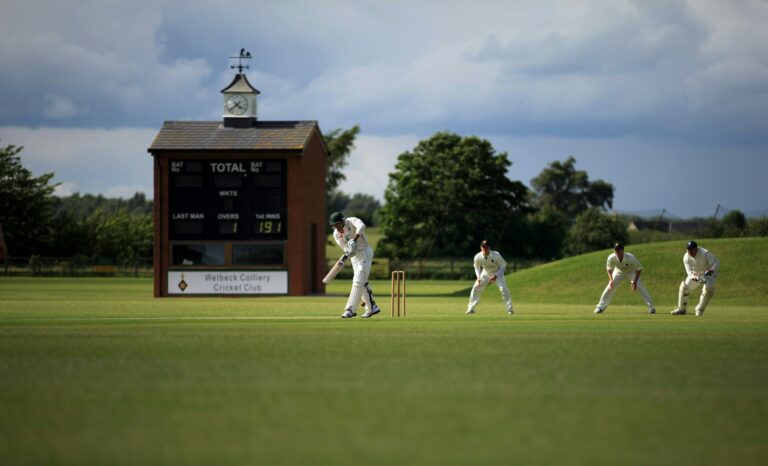How to Cover Cricket Scandals
laser247 register, lotus3655, sky247login:Cricket Scandals: How to Cover Them Effectively
Cricket is a beloved sport that unites millions of fans around the world. However, like any other sport, cricket is not immune to scandals. From match-fixing to doping allegations, scandals can rock the cricketing world and tarnish the reputation of players, teams, and the sport itself.
As a journalist covering cricket, it’s essential to approach scandals with professionalism, integrity, and sensitivity. In this blog post, we will discuss how to cover cricket scandals effectively, ensuring that you report on the news accurately and responsibly.
1. Verify your sources
When covering cricket scandals, it’s crucial to verify your sources before publishing any information. Rumors and hearsay can damage the reputation of innocent individuals and perpetuate false narratives. Always double-check your information with multiple sources to ensure its accuracy.
2. Provide context
When reporting on cricket scandals, it’s essential to provide context to your audience. Explain the history of the players involved, the implications of the scandal on the sport, and any relevant background information. Context helps your readers understand the gravity of the situation and its impact on the cricketing world.
3. Be objective
As a journalist, your primary goal is to report the news objectively and impartially. Avoid sensationalizing scandals or taking sides. Present the facts in a clear and concise manner, allowing your audience to form their own opinions based on the evidence presented.
4. Respect privacy
While it’s important to report on cricket scandals, it’s equally important to respect the privacy of the individuals involved. Avoid publishing personal details or private information that could harm the reputation or well-being of the players or officials implicated in the scandal. Respect their right to privacy and focus on the facts of the case.
5. Hold accountable
Cricket scandals can have far-reaching consequences, affecting the integrity of the sport and the trust of fans. As a journalist, it’s your responsibility to hold those responsible for the scandal accountable. Investigate the matter thoroughly, ask tough questions, and demand transparency from the cricketing authorities. Your reporting can help facilitate change and prevent future scandals from occurring.
6. Be transparent
Transparency is key when covering cricket scandals. Disclose any potential conflicts of interest, sources of funding, or affiliations that could influence your reporting. Be honest with your audience about your methods and motivations, earning their trust and credibility as a journalist.
7. Avoid speculation
When covering cricket scandals, avoid speculation or unfounded allegations. Stick to the facts and resist the temptation to jump to conclusions without sufficient evidence. Speculative reporting can damage the reputation of innocent individuals and undermine the credibility of your journalism.
8. Seek expert opinions
To provide in-depth analysis and commentary on cricket scandals, seek out expert opinions from cricket analysts, former players, and sports journalists. Their insights can help shed light on the complexities of the scandal and provide valuable context for your reporting.
9. Stay ethical
Ethical journalism is paramount when covering cricket scandals. Adhere to the principles of accuracy, fairness, and transparency in your reporting. Respect the rights of individuals involved in the scandal and consider the broader implications of your coverage on the sport and its fans.
10. Follow up
After reporting on a cricket scandal, it’s essential to follow up on the story and provide updates to your audience. Stay informed about developments, investigations, and resolutions related to the scandal, keeping your readers informed and engaged with the latest news.
In conclusion, covering cricket scandals requires diligence, accuracy, and a commitment to ethical journalism. By following these guidelines, you can report on scandals effectively and responsibly, upholding the integrity of the sport and serving the interests of your audience.
FAQs
Q: How can I avoid defamation when covering cricket scandals?
A: To avoid defamation, ensure that your reporting is based on verified facts from reliable sources. Avoid making broad statements or unfounded allegations that could harm the reputation of individuals involved in the scandal.
Q: What should I do if I receive a tip about a potential cricket scandal?
A: If you receive a tip about a potential cricket scandal, investigate the matter thoroughly before publishing any information. Verify the credibility of your sources, gather evidence to support your claims, and consult with legal experts if necessary.
Q: How can I maintain my credibility as a journalist when covering controversial topics like cricket scandals?
A: To maintain your credibility, adhere to the principles of ethical journalism, including accuracy, objectivity, and transparency. Provide context, seek expert opinions, and report on the facts of the scandal without bias or sensationalism. Transparency and accountability are key to earning the trust of your audience.







